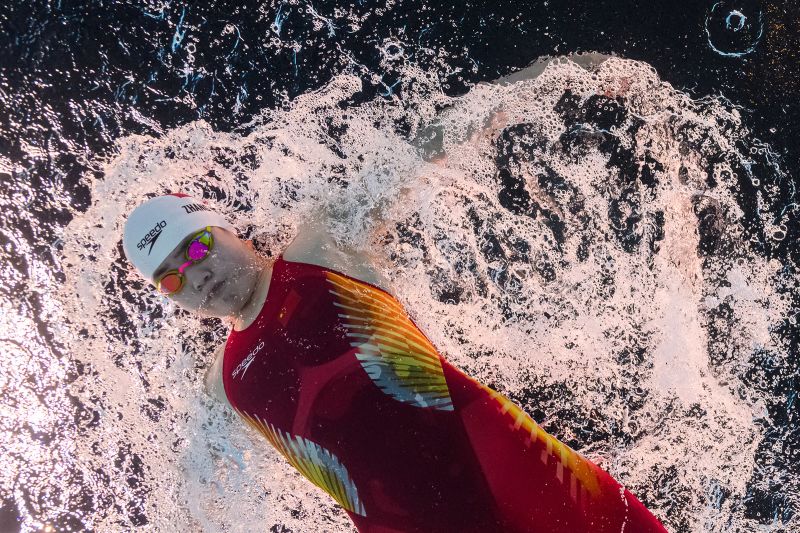In recent years, the Olympic swimming scene has been mired with allegations and controversy, primarily surrounding Chinese athletes and the suspected widespread use of performance-enhancing drugs. This controversy has significantly tainted the integrity of the competition and cast a heavy shadow over the industry. With a keen focus on the China doping controversy, this article seeks to contextualize the issue, delving into the causes, consequences, and possible solutions presently on the table.
One cannot discuss the China doping controversy without examining the catalysts that have fueled these allegations. The history of doping in China dates back to the late 1990s and early 2000s, when Chinese swimmers dominated the global stage, bringing home multiple gold medals from various championships. Around that time, however, several athletes tested positive for performance-enhancing drugs, igniting the first wave of controversy. Unsettled by these findings, the international sports community became skeptical of China’s swimming success. Over the years, off-and-on instances of positive doping tests have only fueled these suspicions. The most significant case in recent history involved Chinese swimmer Sun Yang, who in 2014 failed a doping test and served a three-month suspension. Temporarily banned from the sport, he returned yet again to win the gold medal in the 200m freestyle at Rio 2016 Olympics.
The consequences of China’s alleged doping are profoundly resonating and multifaceted. First and foremost, it has damaged the sport’s integrity. With persistent allegations and condemnations, potential and practicing athletes, audiences around the globe, and stakeholders within the swimming world have lost faith in the fairness and validity of the competition. Furthermore, it breeds a culture of cynicism and disapproval, transforming what is supposed to be positive sportsmanship into a constant battle with mistrust and suspicion. Secondly, it harms the athletes themselves, particularly those from China who are performing genuinely but are stigmatized due to the actions of a few deceptive individuals.
From an international standpoint, the China doping scandal has led to a considerable strain on diplomatic relations in the sports sector. On numerous occasions, other countries’ athletes and federations have openly criticized China’s swimming team, leading to increased tensions. One notable case being Australian swimmer Mack Horton’s refusal to share the podium with Sun Yang during the 2019 World Championships in South Korea, in a direct protest against Yang’s prior doping allegations.
In addressing the China doping controversy, there has been a clamor for stringent doping controls, not just






























